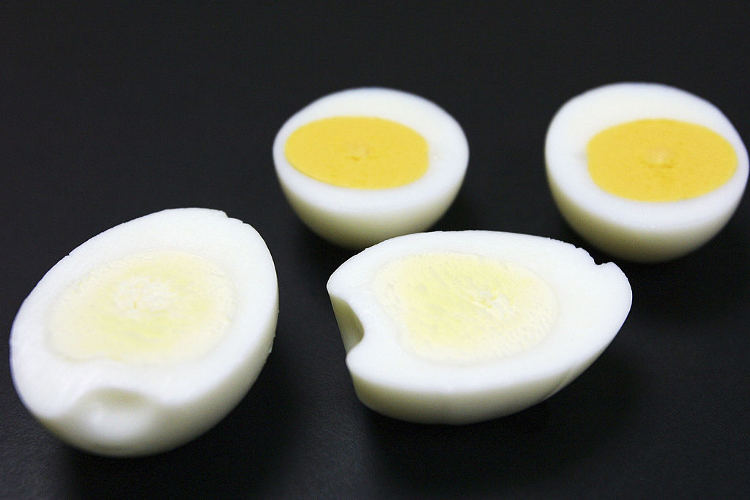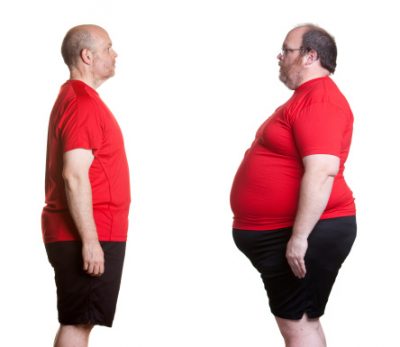
There was a time in not-so-distant history that humans ate eggs in almost everything they consumed. Eggs were in pastries, pasta, and ever present in breakfasts, usually with a side of bacon.
But then came all kinds of press on eggs—everything from them being coronary cannonballs to wads of cholesterol. And then the news changed, where eggs, specifically the whites, were good for weight training.
People were suddenly confused and began wondering, “What good are eggs?” and “How many eggs per day can I eat?” Hence, it’s time to investigate eggs from the yolk on out and see what they can offer the human body.
Egg Nutrition Facts
The nutrition professionals at the US Department of Agriculture, have determined that eggs are:
| 35% | Protein |
|---|---|
| 2% | Carbohydrates |
| 63% | Fats |
These facts are pretty basic, but they can help you begin to understand the nutritional make-up of eggs. Within the aforementioned protein, carbohydrates, and fats, one can expect to ingest the following from eating 1 medium-sized egg:
- Only 63 calories
- Sizeable percent daily values of vitamins A (4%), B12 (9%), D (4%) and E (2%)
- Minerals such as thiamin, riboflavin, calcium, selenium, magnesium, iron and fluoride.
Now, while it is true that the average egg yolk contains 186 mg of cholesterol (the egg white is cholesterol-free), that’s 62% of the recommended daily bodily intake of it.
Contrary to popular opinion, cholesterol is necessary to the body’s functionality, helping to produce, among many hormones, testosterone and estrogen. If the body doesn’t get the appropriate amount from food, it produces it from the liver in excess and can create internal health issues such as heart disease or stroke.
Consuming the cholesterol content in the suggested serving of eggs could prevent the liver from producing too much of it.
How Many Eggs to Eat Per Day to Maintain Good Cholesterol Levels
Invariably, the question of how many and how to eat eggs arises. How many eggs per day are safe while fulfilling nutritional requirements? And do you keep or toss the yolks? Some eggs nutrition experts have said that it’s OK to eat about 3 eggs per day and that 2 to 6 yolks are OK to consume in a given week.
Obviously, there is some variation in number here, depending on one’s metabolism However, keep in mind that the recommended daily limit of cholesterol is 300 mg. Recall that 1 egg yolk contains about 186 mg.
Some seniors are known today to eat more than this and be fine medically. But considering how many calories in eggs are known—around 70 calories—it’s a good idea to go easy on taking in too many.
And certainly people with known internal cholesterol problems or heart issues may wish not to eat more than the recommended egg amount to be safe. Overall, most recent studies show that when eating within the 3 egg-per-day recommendation, the body’s high density lipoproteins [HDL] cholesterol levels—the good cholesterol—goes up, and eggs with extra omega-3 levels helped improve blood triglyceride levels, too.
In fact, a recent study arising from the University of Eastern Finland has discovered more eggs nutrition facts, specifically that the daily consumption of cholesterol found in eggs is not associated with Alzheimer’s or dementia as previously believed.
5 Other Ways Eating Eggs Benefits Your Health
You might still be skeptical about eggs. Your nutritionist might have some issues with them or you’ve seen the film Rocky where Sylvester Stallone ingests 6 raw eggs to get ready for his big fight—not the most appetizing scene ever! But looks aside, to help give you an idea of their added advantages, here are five more ways that eating eggs can benefit your health:
1. They’re good if you’re expecting
Eggs have long been known to benefit pregnant women, as the choline found in eggs is said to help develop muscle mass in fetuses, then re-enforce muscle functions in the newborn baby’s body through the nutrients they contain.
2. They’re good for physical fitness
In decades past, it was thought that it was best to eat a grain-carbohydrate-based breakfast if one was going to be involved with physical activity. But eggs have been shown to be a viable substitute for this, providing just the right amount of calories with lots of necessary protein on top.
Eggs also have a lot of the amino acid leucine, a necessary ingredient in helping the body perform muscle protein synthesis.
3. Eggs kill hunger and instigate weight loss
Along with being good for fitness, eggs help reduce the desire to eat more. Since they contain the high quality protein, the body gets filled and stays that way. Through this, people can use eggs to help facilitate weight loss since they don’t feel hungry or have the urge to take on extra calories throughout the day.
4. You get your vitamins
Going back to earlier points, you can get up to 13 essential vitamins from one serving of eggs.
5. They’re multifaceted
Some people complain about not liking the taste or texture of eggs. But if you’re big into blending, you can mix them with a morning blend or even just serve them as pure egg whites.
They can also be a healthy addition to a lean breakfast or snack to get the protein one wishes for a workout.
Food science is ever changing and eggs nutrition is part of that. It’s true that they aren’t a perfect food and are not meant to be eaten in bulk. But the news on eggs’ nutritional value keeps getting more positive with time.
It’s becoming OK to eat eggs every day again, and people keen on improving their overall health or ramping up their workout routine should consider eggs as part of their day-to-day food intake.
Eggs are accessible, have many nutrients the body needs, and are fun to experiment with in various concoctions to create that perfect snack or meal to enjoy while promoting one’s own healthy lifestyle.
Related:
- How Many Calories in a Boiled Egg? Are Hard Boiled Eggs Good for You?
- Eggplant Parmesan Recipe: A Healthy Lunch for the Family
- How To Check If Eggs Are Bad?
- Are Omelets Healthy?
Sources:
Gunnar, Kris. “Eggs and Cholesterol – How Many Eggs Can You Safely Eat?” Authority Nutrition website.
https://authoritynutrition.com/how-many-eggs-should-you-eat/
“Egg 101 – Egg Nutrition Facts”, Egg Nutrition Centre website. http://www.eggnutritioncenter.org/egg-101/
“How Many Eggs a Day Can You Safely Eat?” Daily Health Post website. https://dailyhealthpost.com/how-many-eggs-a-day-can-you-safely-eat/















